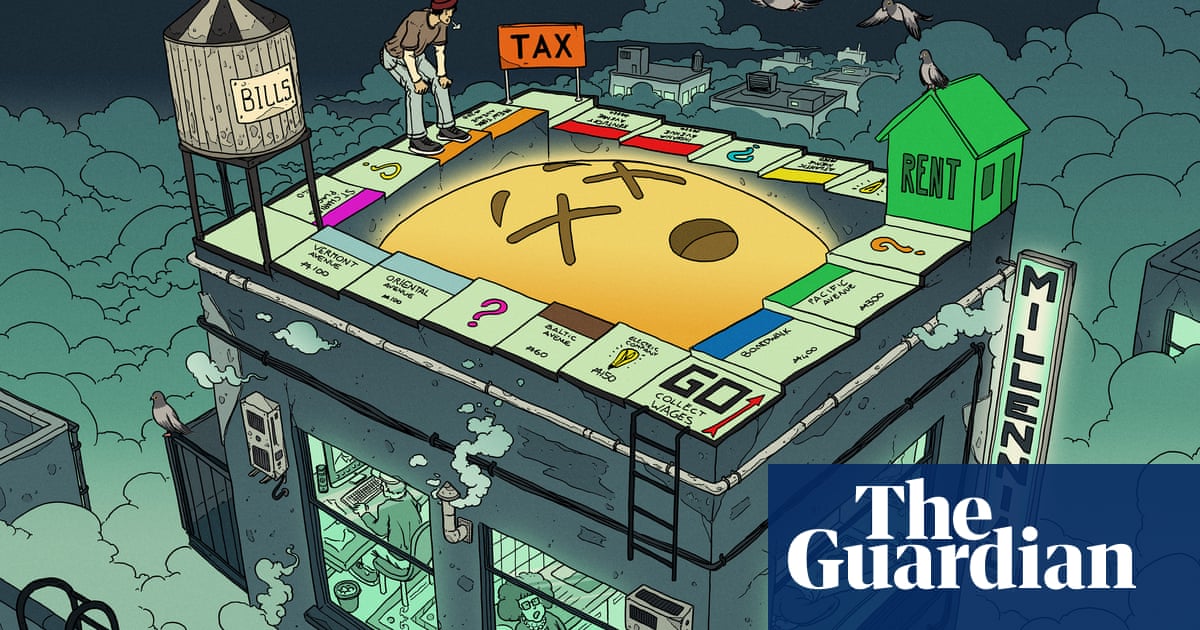- cross-posted to:
- economics@lemmy.world
- cross-posted to:
- economics@lemmy.world
Claire*, 42, was always told: “Follow your dreams and the money will follow.” So that’s what she did. At 24, she opened a retail store with a friend in downtown Ottawa, Canada. She’d managed to save enough from a part-time government job during university to start the business without taking out a loan.
For many years, the store did well – they even opened a second location. Claire started to feel financially secure. “A few years ago I was like, wow, I actually might be able to do this until I retire,” she told me. “I’ll never be rich, but I have a really wonderful work-life balance and I’ll have enough.”
But in midlife, she can’t afford to buy a house, and she’s increasingly worried about what retirement would look like, or if it would even be possible. “Was I foolish to think this could work?” she now wonders.
She’s one of many millennials who, in their 40s, are panicking about the realities of midlife: financial precarity, housing insecurity, job instability and difficulty saving for the future. It’s a different kind of midlife crisis – less impulsive sports car purchase and more “will I ever retire?” In fact, a new survey of 1,000 millennials showed that 81% feel they can’t afford to have a midlife crisis. Our generation is the first to be downwardly mobile, at least in the US, and do less well than our parents financially. What will the next 40 years will look like?



I always wonder why people shoot up schools and parks when their problems are caused by people in board rooms. Never see a mass shooting in a board room for some reason.
Well one of the original mass shootings resulted in the expression ‘going postal’, but I don’t recall what was ever theorized as a motive there. Workplace frustration maybe?
Maybe there’s a selection bias, and we only hear about the dumb ones who target innocent people and get caught.
Believe it or not, people willing to murder others aren’t the best at thinking clearly.